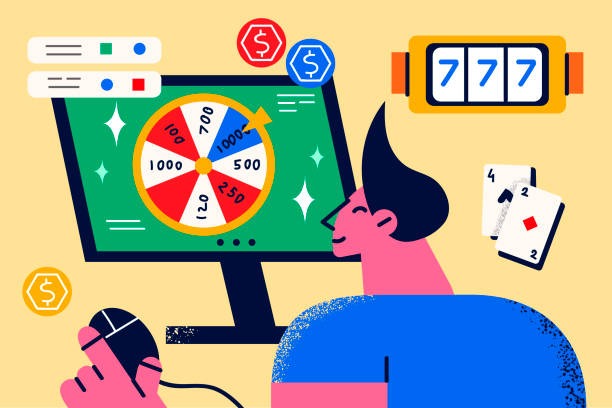Online gaming and betting addiction in India has surged with real-money apps, easy UPI payments, and cricket-linked events that intensify urges to chase losses despite mounting harm to finances and mental health. Policymakers have moved toward stricter controls in 2025 to curb real-money play and promote safer formats to reduce harm while preserving innovation in e-sports and skill gaming.
Why it hooks
Cheap data, smartphone access, and variable reward loops make small bets feel harmless at first, then compulsive as intermittent wins trigger dopamine spikes that keep people “playing through” losses. Fantasy sports and match-synced promotions deepen engagement during peak tournaments like the IPL, pulling casual users into high-frequency wagering windows. Frictionless payments convert urges into instant transactions, accelerating loss cycles and debt before families notice what’s happening.
Warning signs
- Time and money escalation with secrecy around UPI/card statements, borrowing to continue play, and irritability when questioned about app use.
- Sleep disruption, mood swings tied to wins and losses, and rationalizations such as “just one more game” after setting prior limits.
- Repeated quit attempts followed by relapse during tournaments or bonus offers that rekindle the compulsion loop.
Risks to watch
Large aggregate losses from money games impose severe strain on young adults and families, with government-cited figures indicating tens of thousands of crores lost each year. Police records and media reports link spiraling debts to acute distress and suicides, underscoring the need for earlier detection, financial boundaries, and clinical support. Offshore or illegal platforms raise fraud and data risks while eroding consumer protections and complicating enforcement and recovery of funds.
The policy backdrop
The Promotion and Regulation of Online Gaming Bill, 2025 signals a national shift: banning online betting and real-money games, classifying games under clearer standards, and channeling activity toward safer, regulated experiences. This follows years of scrutiny, higher taxation, and blocking actions, reflecting broad concerns about addiction, security, and the social cost of widespread gambling access.
Recovery that works
- Harm reduction now: remove betting apps, enable device/site blocks, set bank/UPI caps, and avoid chat groups that share “hot tips” during match hours.
- Therapy for traction: cognitive-behavioral strategies help disrupt chase thoughts, manage urges, and rebuild routines that crowd out triggers.
- Social scaffolding: recruit family for accountability, restructure evenings around non-sports activities, and set written money/time rules with visible reminders.
A rehabilitation centre in Mumbai offers structured assessment, dual-diagnosis care for anxiety or depression, and relapse planning geared to cricket seasons and promo cycles, which helps patients anticipate triggers linked to live events and app offers.
A rehab centre in Mumbai with family sessions and financial counseling can install payment limits, de-escalation strategies, and return-to-work plans while coordinating aftercare that spans the IPL calendar and other high-risk periods.
A rehabilitation centre in India with outpatient and tele-support options can extend recovery beyond discharge, combining therapy, peer groups, and digital hygiene protocols to sustain gains when advertising spikes or new platforms emerge.



